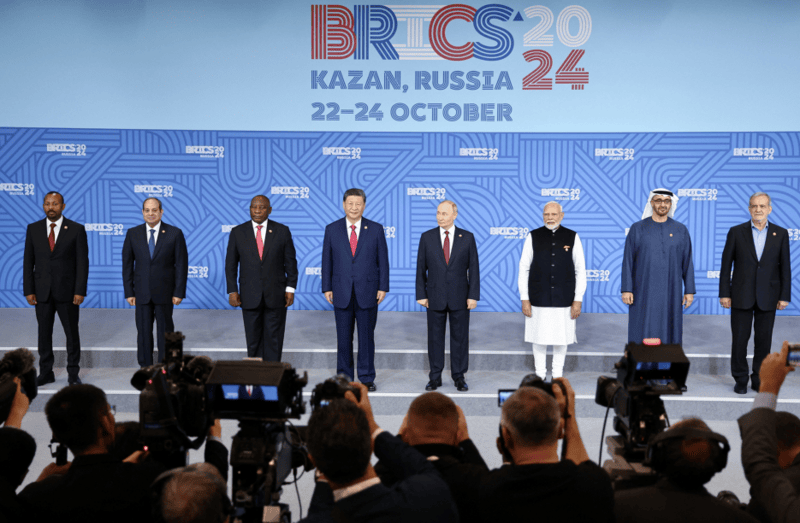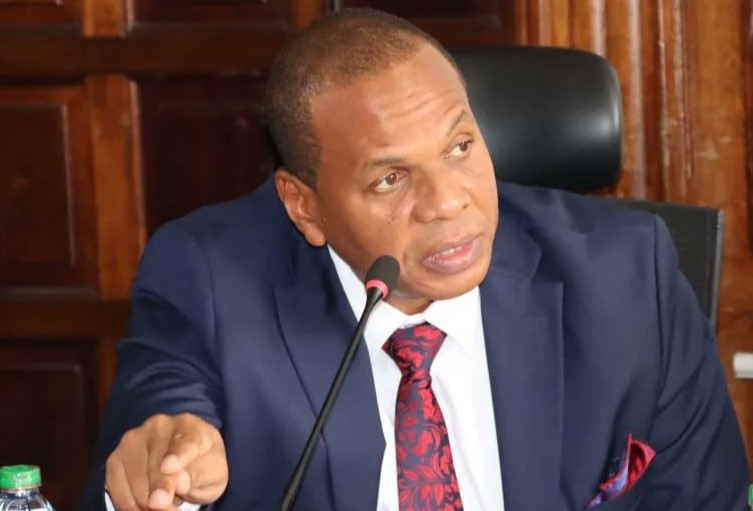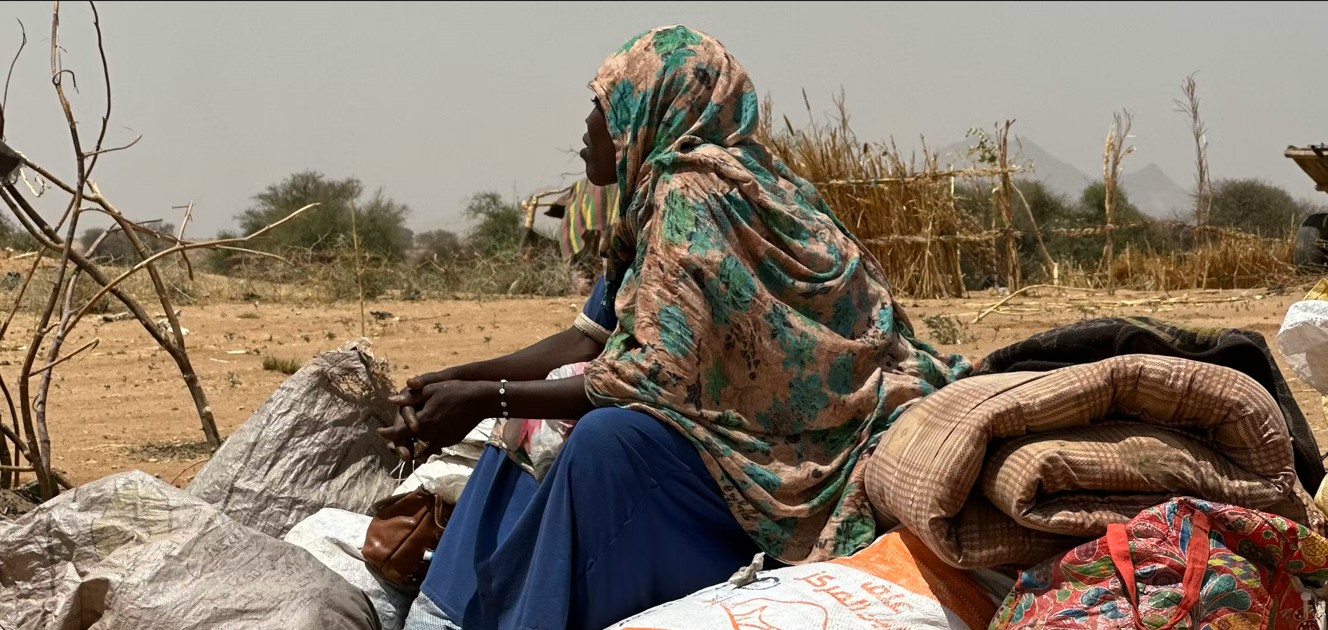Uganda officially joins BRICS, marking a new era of global collaboration

The Partner State status, introduced to foster deeper collaboration, enables these nations to actively engage with BRICS initiatives and contribute to its broader objectives.
On January 1, 2025, Uganda officially became a BRICS Partner State, joining Belarus, Bolivia, Cuba, Indonesia, Kazakhstan, Malaysia, Thailand, and Uzbekistan in this new collaborative framework.
This development follows a pivotal decision made during the BRICS summit in Kazan, underscoring the bloc’s expanding global influence.
More To Read
- Uganda: One dead, several injured in Iganga campaign violence
- Uganda stops granting refugee status to nationals from Ethiopia, Somalia and Eritrea
- COP30: Leaders endorse pledge to quadruple clean fuel use by 2035
- Kenya dismisses war fears as Mudavadi quashes claims of Uganda ‘overrunning’ the country
- African activists rally and challenge COP30 agenda
- Lake Victoria Fish farming booming but pollution and disease are wiping out millions: How to reduce losses
The Partner State status, introduced to foster deeper collaboration, enables these nations to actively engage with BRICS initiatives and contribute to its broader objectives.
Additionally, invitations have been extended to four other countries, with Brazil, holding the BRICS presidency in 2025, expected to announce their inclusion upon acceptance.
Established in 2009, BRICS began as an informal platform uniting Brazil, Russia, India, and China to counterbalance the global dominance of Western nations, particularly the United States.
South Africa joined in 2010, forming the current acronym. Subsequent expansions added Egypt, Ethiopia, Iran, and the United Arab Emirates, increasing full membership to nine.
The addition of Partner States signifies a significant evolution in BRICS’ strategy, aiming to create a more inclusive platform for emerging economies.
The bloc has emphasised its commitment to working closely with Partner States, ensuring their active participation in joint initiatives across trade, technology, education, and infrastructure.
With its current membership and new partnerships, BRICS represents over 40% of the global population and a substantial share of the world economy.
The inclusion of Uganda and other nations further cements its role in shaping a multipolar world order, providing a counterweight to traditional Western economic and political dominance.
For Uganda, becoming a BRICS Partner State offers a unique opportunity to strengthen its diplomatic ties, attract investment, and forge relations with other emerging countries.
Facing challenges from Western nations, particularly the United States, over its controversial anti-gay laws, Uganda views BRICS as a platform to promote trade, especially after its removal from the African Growth and Opportunity Act (AGOA).
Top Stories Today











































